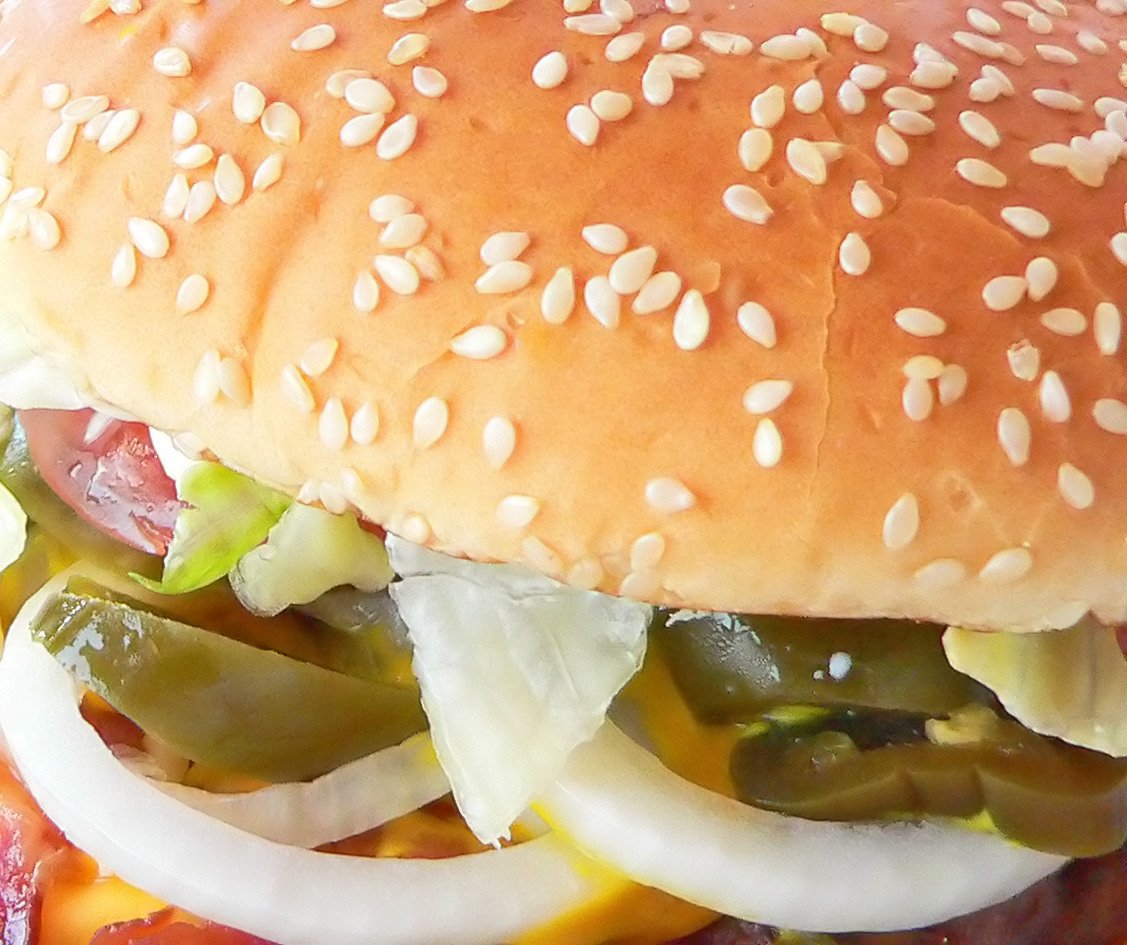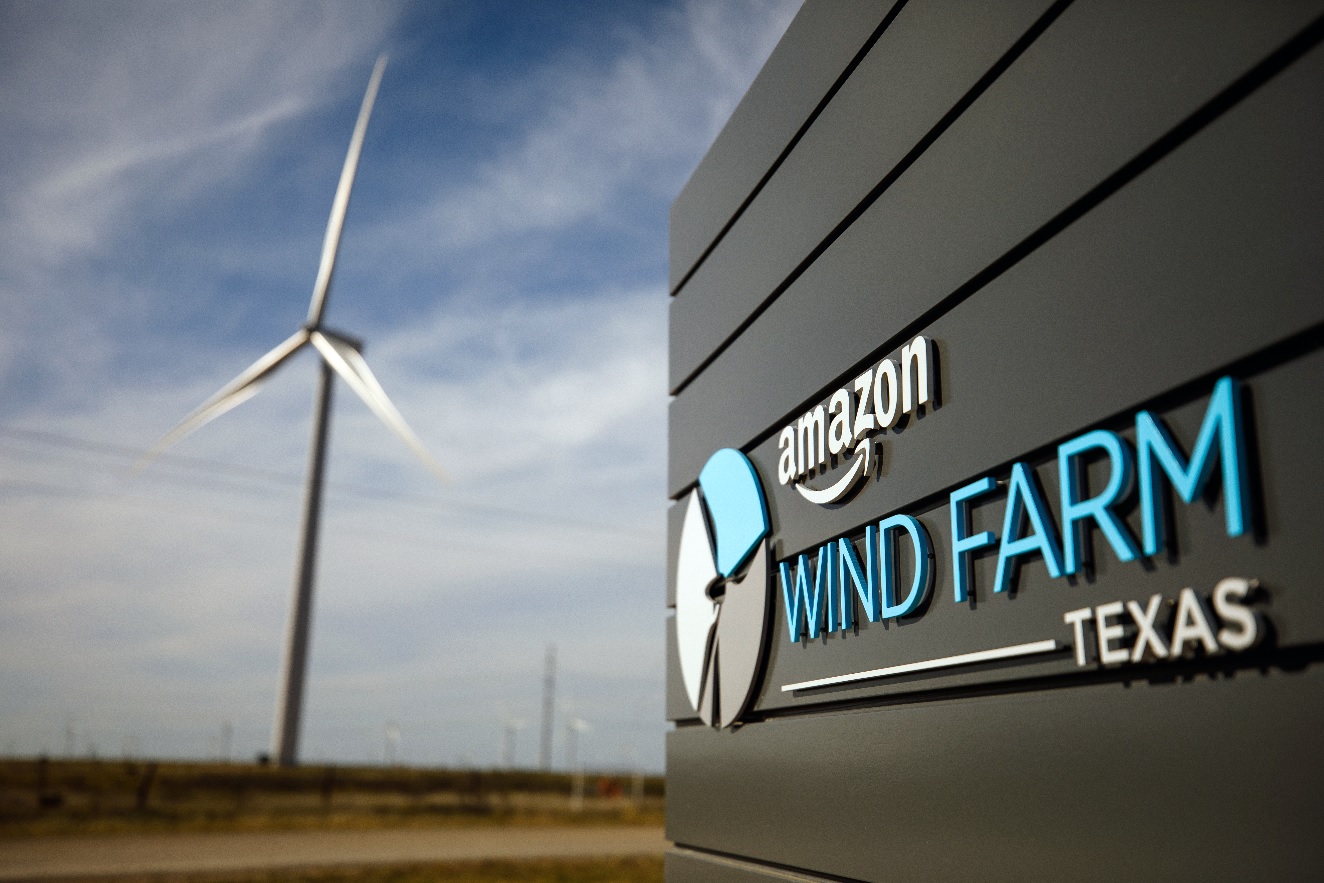$11.4T Investor Coalition Pressures Fast Food Industry on Environmental Record
“Companies are not responding at the pace required”
A global investor coalition, facilitated by global investor network FAIRR and sustainability organisation Ceres, is calling on six of the world’s largest fast food companies to take faster and deeper action to manage climate and water risks in their supply chains. The coalition represents $11.4 trillion in assets, and more than 90 investors.
The coalition engaged with Chipotle Mexican Grill, Domino’s Pizza, McDonald’s, Restaurant Brands International (owners of Burger King), Wendy’s Co. and Yum! Brands (owners of KFC and Pizza Hut), urging the fast food giants to set aggressive targets to reduce their greenhouse gas emissions, water usage and water quality impacts of their meat and dairy supply chains.
One-year review: insufficient respone
The coalition initially engaged the companies one year ago, and has now released a new analysis reviewing the results to date. While some progress on behalf of the companies has been noted, the coalition believes that the fast food companies’ responses are thus far inadequate. According to a press release put out in conjunction with the analysis:
“The fast food companies’ efforts thus far do not sufficiently mitigate their exposure to the considerable physical, regulatory, and reputational risks climate change poses to animal agriculture. What’s more, the companies are not responding at the pace required to match the magnitude of their environmental impacts.”
The coalition outlined the progress and shortfalls of the six companies:
Of the six engaged companies:
- Two (McDonald’s and Yum Brands!) have set or publicly committed to set science-based emission reduction targets, which are adequate for limiting global warming to well below 2 degrees celsius above pre-industrial levels, with the aim of limiting warming to 1.5 degrees. Restaurant Brands International has stated its intention to set an emissions reduction target for its restaurants in the U.S. and Canada.
- Only one (McDonald’s) has publicly disclosed that it has conducted a water risk assessment specifically for meat and dairy suppliers. Restaurant Brands International plans to conduct a life-cycle assessment which will consider its water footprint, among other impacts.
- None have set specific requirements on climate and water for meat and dairy suppliers, with unclear compliance monitoring systems across the board.
Ceres and FAIRR intend to continue to engage with the fast food companies on behalf of the investor coalition.





